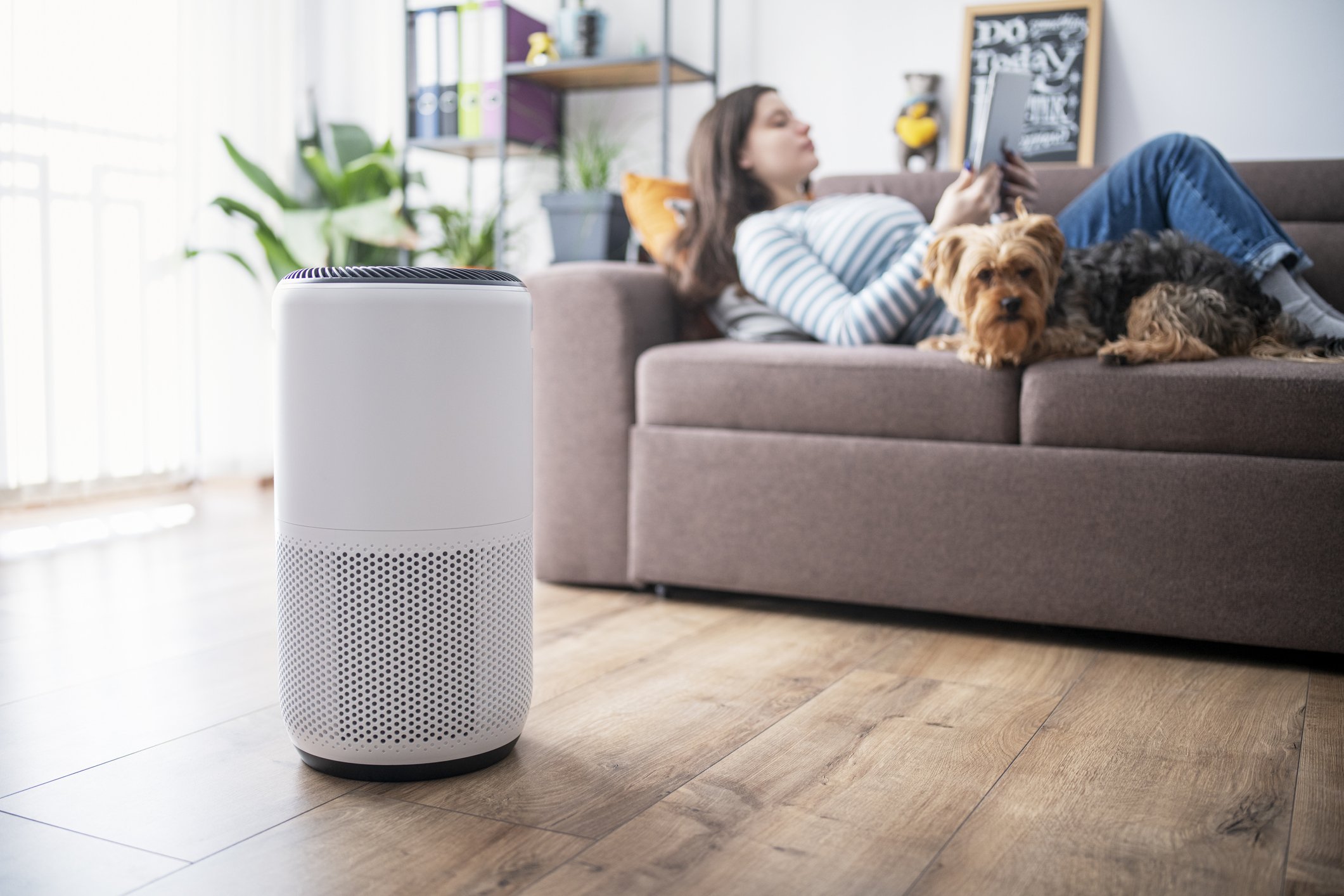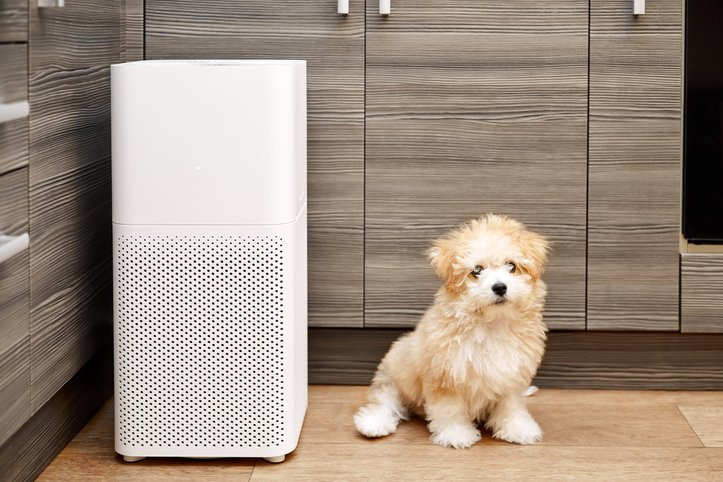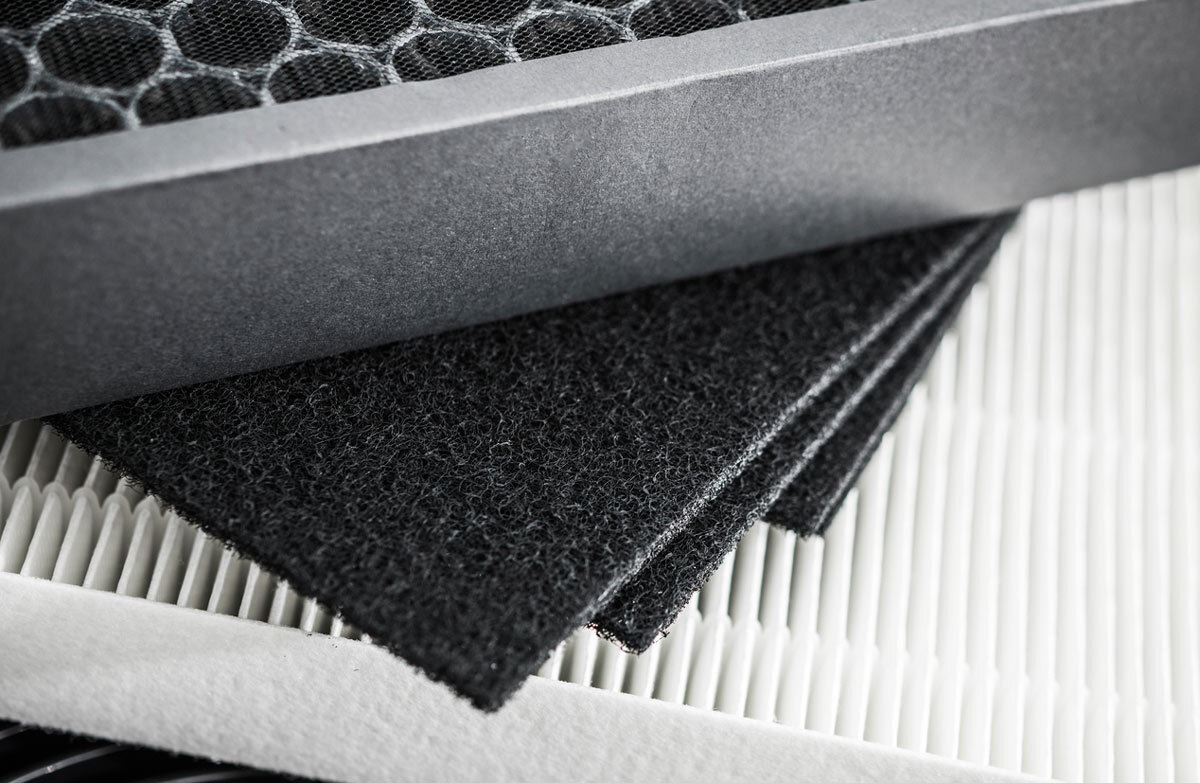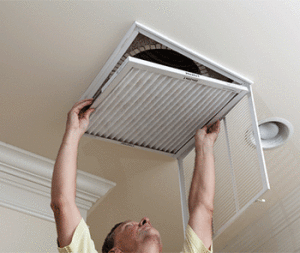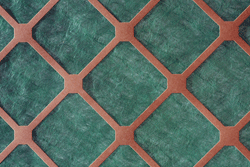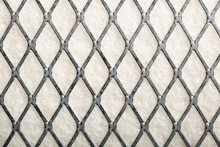Having dusty air vents can affect the air quality in your home and your HVAC system’s efficiency. Cleaning these vents helps improve indoor air quality (IAQ) and energy efficiency. Keep reading to find out how to effectively clean these vents throughout your Broken Arrow home.
What You’ll Need for Cleaning
To get your air vents clean, you’ll need soap and water, clean rags or cloths, a cleaning brush, a vacuum cleaner, a broom, and a screwdriver.
Turn Off the HVAC System
You don’t want your HVAC system running while you’re trying to clean the vents. Turn it off until you’re done cleaning and the vents are back in place.
Remove Vent Covers
Use a screwdriver to take off the vent covers. You can clean them room by room or put them in a pile and go through them one by one. Just make sure you know where each vent cover goes.
Wash, Brush, or Wipe Vent Covers
For light dust or debris, you can use a dry, clean cloth to wipe them clean. You can also use a cleaning brush to remove more stubborn debris. If your vent covers have a lot of debris, clean them with soap and water and then wipe them dry with a clean cloth.
Vacuum Air Vents and Grills
Vacuum inside each air vent to remove dust and debris. You can also use your vacuum cleaner to clean any grills that are on ceilings. Watch for dust falling down onto you if you do this.
Replace Vent Covers
When all vent covers are dry, put them back in place using your screwdriver.
Turn Your HVAC System On
You can now run your HVAC system again. You should notice better efficiency and have healthier air.
How Often to Clean Air Vents
You should clean your vents every few months to prevent dust and debris from building up. Remember to also change your air filters for even cleaner air.
If you need air duct cleaning done by a professional, please contact Air Assurance. Our HVAC team can eliminate dust and debris from the ductwork in your Broken Arrow home so you have cleaner air.

